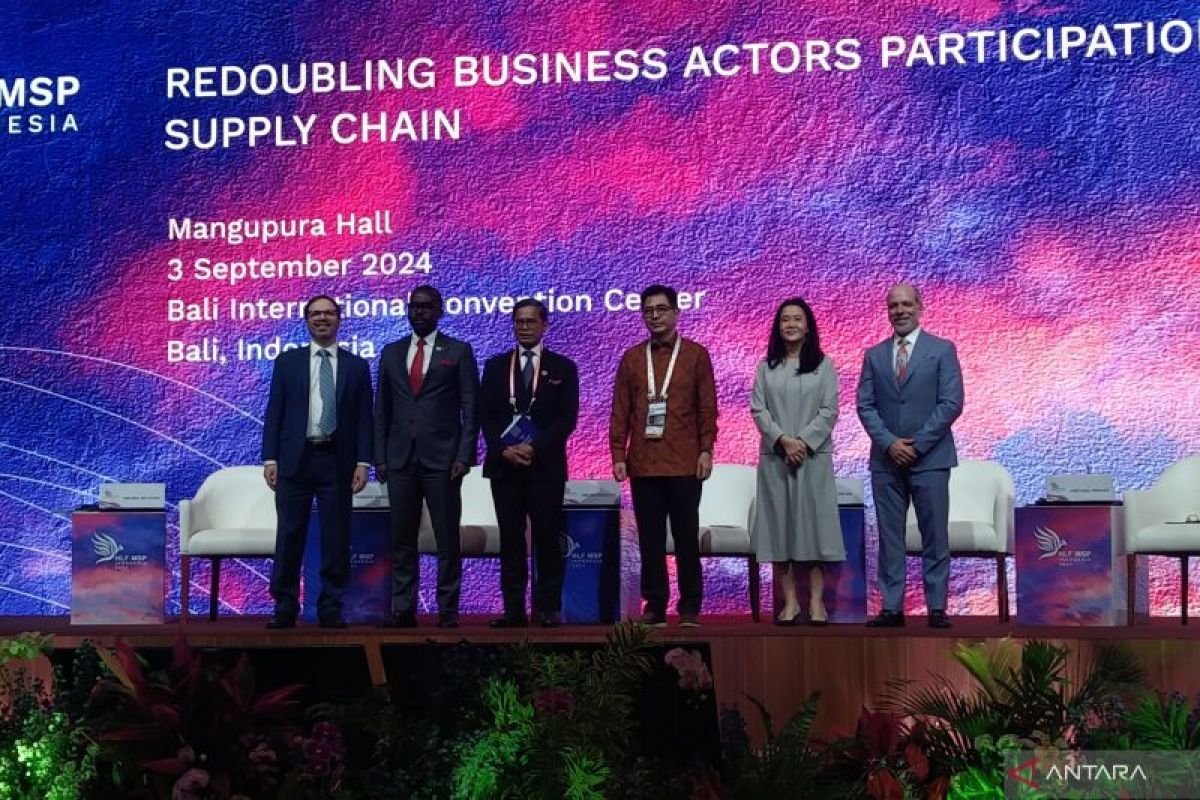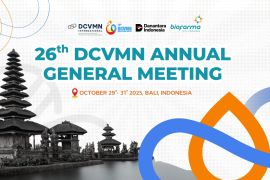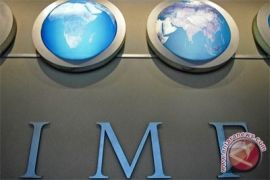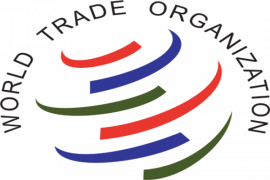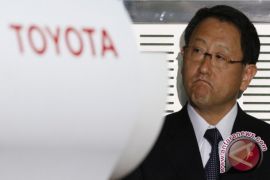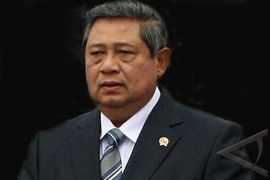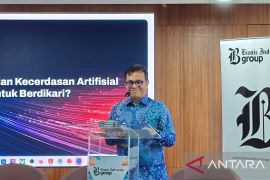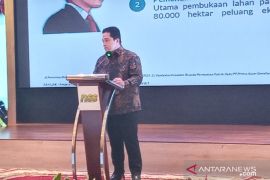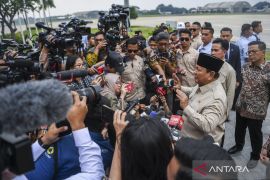The statement was made by Vice Minister of Foreign Affairs Pahala Mansury during a panel session of the High-Level Forum on Multi-Stakeholder Partnership (HLF-MSP) and the 2nd Indonesia-Africa Forum (IAF) here on Tuesday.
"Oil and gas, biodiversity, maritime resources as well as climate issues' management and critical minerals are among those potential sectors," he stated.
According to Mansury, developing countries have the right to benefit from the management of these natural resources.
However, he advised developing nations with copious natural resources against solely becoming producers and exporting raw materials.
Mansury drew attention to five points that support developing countries to become business actors in the global supply chain.
The first point is developing economic integration and expanding market access to reverse economic fragmentation.
He pointed out that economic fragmentation had triggered a decline in foreign investment in 2023, which is estimated to reach seven percent globally.
"With increasing global fragmentation, developing countries must pursue greater integration, including through economic and trade agreements to facilitate market access," Pahala explained.
Based on the International Monetary Fund (IMF) data, emerging markets, including in Asia and Africa, are projected to grow 6.3 percent in the next five years.
Such growth is supported by human resources, as a large market, which in Africa totals 1.5 billion people, while the population in Southeast Asia reaches 1.7 billion.
Highlighting the second point, Pahala suggested that developing countries should collaborate to ensure the resilience of the supply chain, especially in the food, energy, health, and critical mineral sectors, such as nickel, cobalt, lithium, and copper, which are needed for the development of renewable energy.
He remarked that ensuring resilience could not only be carried out by facilitating trade and movement of commodities but also by building infrastructure to reduce logistics costs.
The third point is facilitating connectivity between people that supports economic integration, trade, and investment promotion, as well as the exchange of knowledge and expertise.
"That is why during the 2nd IAF, Indonesia organized a special business forum for every (participant) country and facilitated a one-on-one approach with the private sector," Pahala remarked.
The fourth point of focus is developing access to technology, while the fifth pertains to funding to ensure business participation in the global supply chain.
The funding gap to achieve the sustainable development goals (SDGs) remains large, ranging from US$2.5 trillion-US$4 trillion per year, he noted.
The World Bank estimates that developing countries need to invest around 4.5 percent of the total gross domestic product to achieve infrastructure development as part of the SDGs.
"(We need to start) mobilizing and increasing other sources of financing, including blended and innovative financing," he remarked.
Related news: Indonesia to send monkeypox vaccine doses to Africa as diplomatic move
Related news: Indonesia calls for collective action against global challenges
Translator: Dewa Ketut Sudiarta Wiguna, Yashinta Difa
Editor: Rahmad Nasution
Copyright © ANTARA 2024
